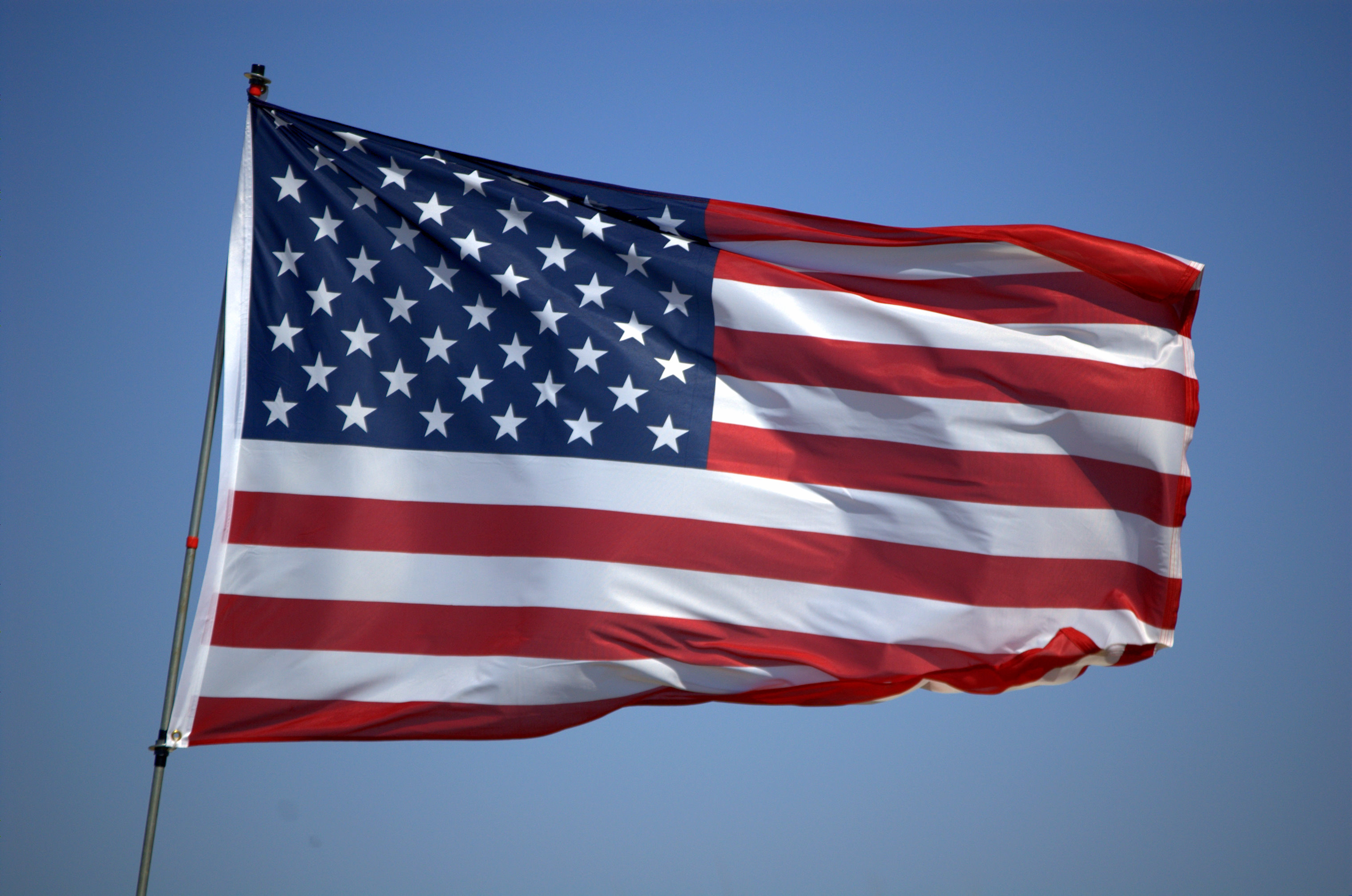
By Zane Dundon /// Staff Writer
The Trans-Pacific Partnership (TPP) is a massive “free trade” agreement being negotiated by the U.S. and 11 other countries that would set rules governing 40% of the world’s economy and would have detrimental effects on labor, the environment, internet freedom and much more. If you haven’t heard of it, though, don’t feel bad. The agreement has been pursued in relative secrecy and the corporations pushing for it as well as the government officials looking after their interests do not want the public to know just how dangerous this agreement is. Therefore, it’s no secret that there has been little coverage of the TPP in the mainstream media. However, there’s no doubt that this agreement will be detrimental to the interests of all but a few large corporations and is antithetical to the very principle of democracy.
There are numerous aspects of the TPP that are worthy of criticism, but in this limited space I will address only a small handful. One of the most dangerous pieces of the agreement is the expanded power of “investor-state” tribunals, which allow foreign corporations to challenge national governments in international tribunals by claiming that the country’s environmental, health, or other laws are depriving them of “expected future profits.” If the corporation “wins,” taxpayers of the nation it challenged have to foot the bill for the corporation’s lost profits. Over $400 million in compensation has already been paid to corporations in a series of investor-state cases under deals made possible by NAFTA, the “free trade” agreement negotiated in the 90’s that had harmful effects such as the offshoring of 700,000 manufacturing jobs to Mexico. The idea that a multinational corporation should be able to challenge a nation’s own laws places that corporation’s interests above those of the general citizenry. The TPP would further aggravate this affront to democracy and the rights of citizens.
The environmental effects of the TPP should be especially important to Lewis & Clark students, as this school prides itself on contributing to a clean and sustainable future. Using these investor-state tribunals, corporations could claim that a nation’s environmental laws are adversely affecting their profits and that they should therefore be exempt from them. In Ecuador, Chevron attempted to avoid paying $18 million in cleanup damages related to Chevron’s contamination of an area of the Amazon the size of Rhode Island. LC’s environmentally conscious policies are admirable, but many of the largest corporations in the world have no regard for the future of the planet or for protecting the environment from destruction. And when 37 of the 100 largest economies in the world are corporations rather than countries, this becomes very dangerous for smaller nations whose environmental laws may be challenged by corporations with more money than their entire treasury. Not only could their laws be challenged once enacted, but the mere threat of challenge by a wealthy corporation could be enough to dissuade smaller countries from passing environmentally conscious laws in the first place.
Another important item of concern for students is the TPP’s threat to the rights of Internet users. The TPP would encourage Internet Service Providers to monitor and police their users, threatening their right to privacy as well as making possible the censoring of content in the name of copyright enforcement. In a leaked chapter of the TPP negotiations, Wikileaks also revealed that the U.S. is attempting to create a broad definition for a criminal violation of copyright, which would include noncommercial activities. This means that, for example, a fan of a foreign movie who distributes subtitles for that movie but makes no money from the activity could go to jail or face huge fines if the content is distributed widely enough. This is a complete distortion of the purpose of copyright laws and puts regular, law-abiding citizens who do not seek to profit off of content in danger of harsh punishment.
These are just a few of the dangerous effects of the TPP. It could also increase the price of medicines, force the U.S. to import unsafe food and undermine Wall Street reforms. Because President Obama does not want a public debate about the TPP, he is seeking fast track authority, which would allow executive branch officials to negotiate and sign the agreement without input from Congress or the public. Congress would be required to vote on the agreement without any amendments and with little debate. When people say that large corporations dictate public policy in the U.S., this is what they are talking about. The TPP is a blatant attempt by corporate elites and their allies in government to elevate themselves further above the laws of nations and to make themselves immune to accountability for their violations of the rights of citizens.
Fortunately, the TPP has not yet been signed and fast track authority has not yet been granted. Ron Wyden, the Oregon Senator, is critical to passing fast track. However, if he sees a massive public outcry against it, he will reconsider. Politicians do listen to the people if their voices speak loud enough and Wyden is no different. On Saturday, April 18, there will be a Global Day of Action against fast track with rallies and events in cities across the country, including Portland. Without a great public outcry against it, fast track will be passed and the TPP will be signed to the detriment of citizens everywhere. But the power of people speaking with a united voice should not be underestimated. Say No to fast track and Say No to the TPP.
Subscribe to the Mossy Log Newsletter
Stay up to date with the goings-on at Lewis & Clark! Get the top stories or your favorite section delivered to your inbox whenever we release a new issue.

Leave a Reply